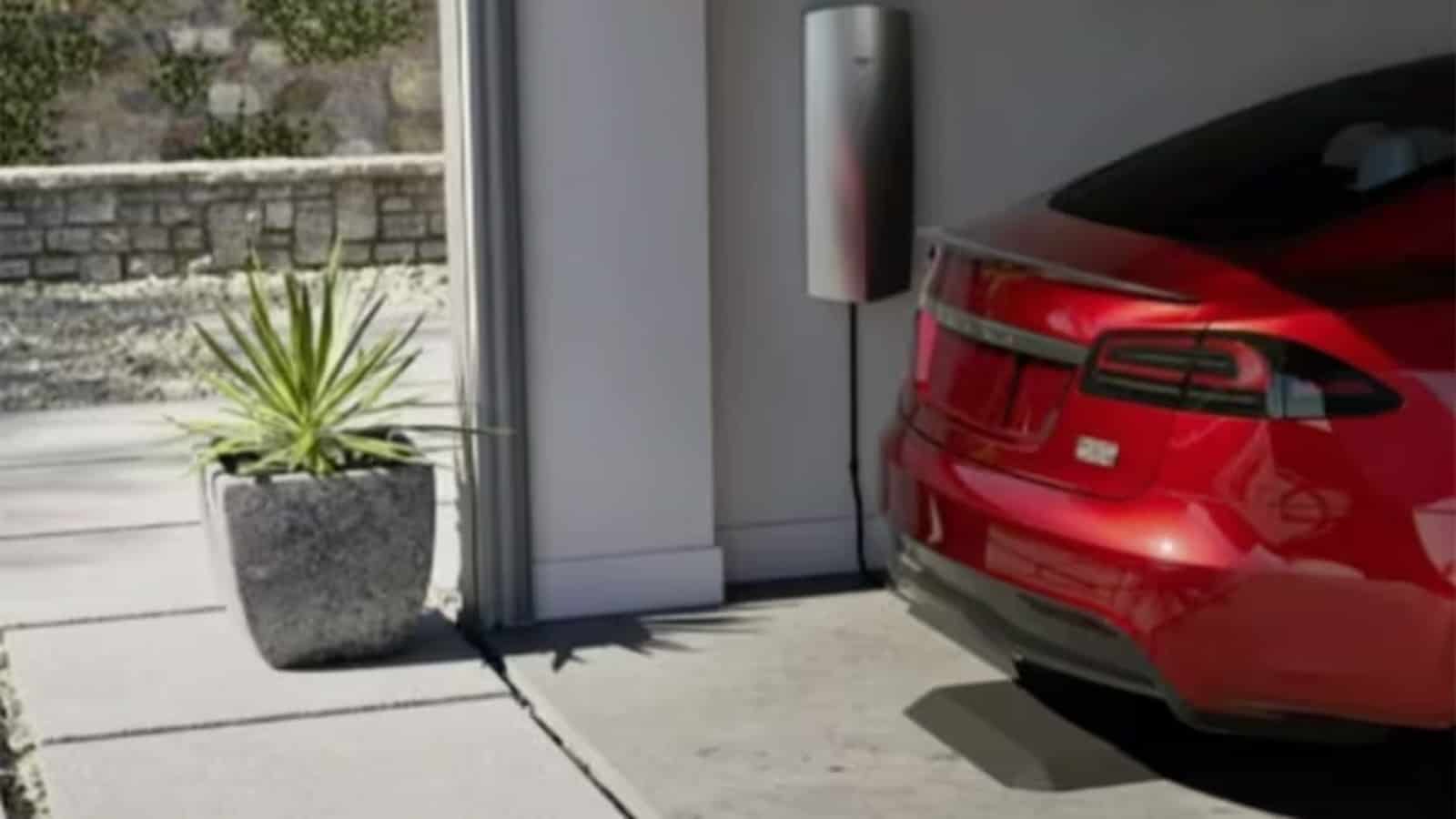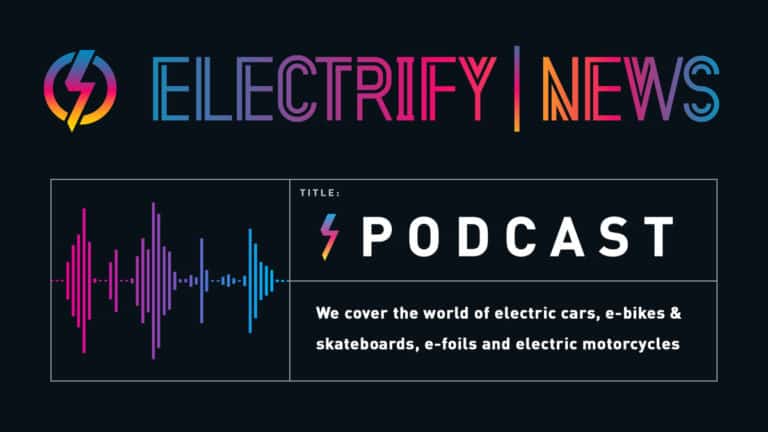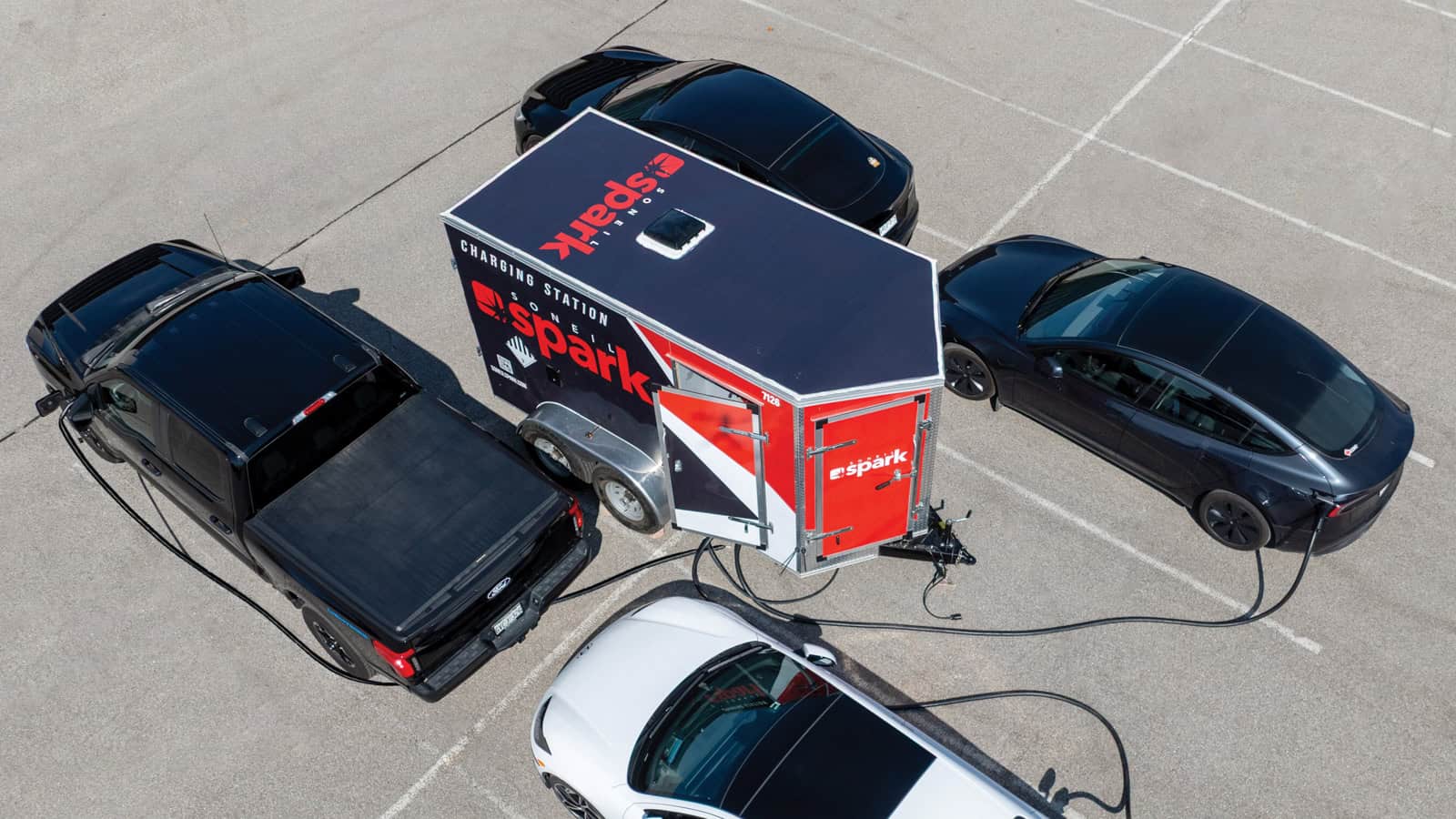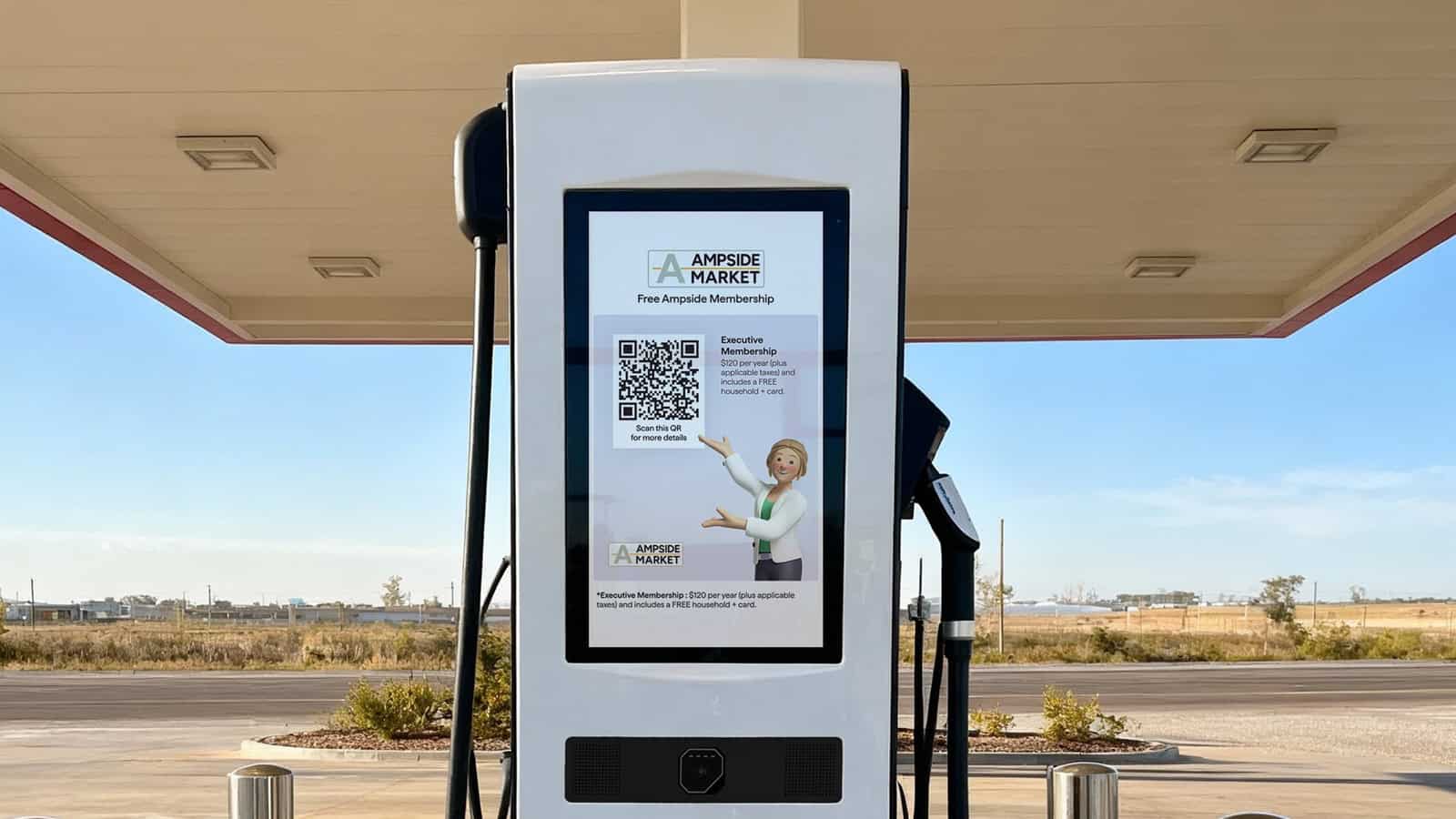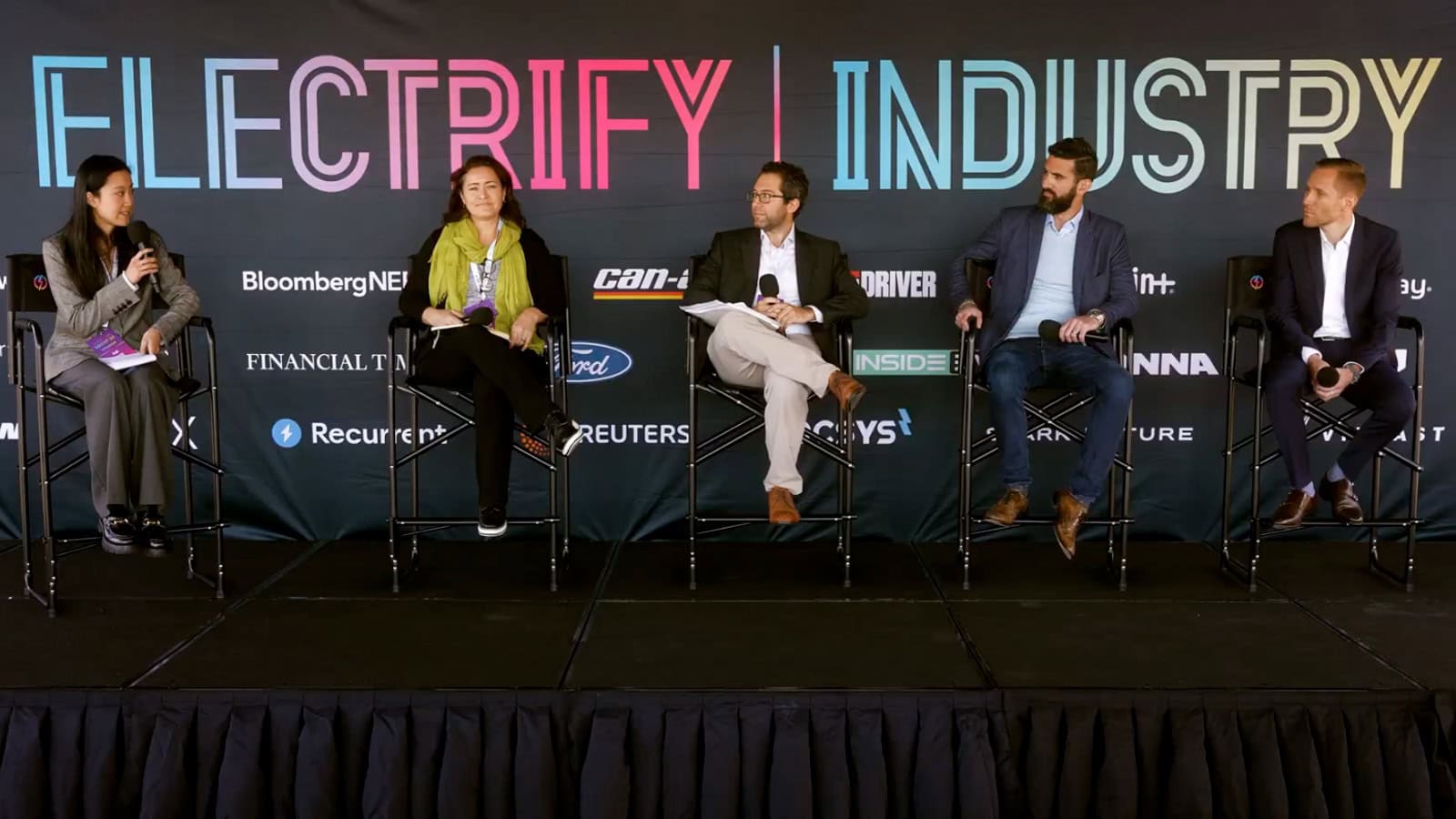Tesla has consistently been at the forefront of innovation from autonomous driving capabilities to the way its recent price drop has affected the entire market. In a bold next step, Tesla has acquired Wiferion, a pioneer in wireless charging systems. This signals a potential paradigm shift in how we power our EVs. But what does this mean for the future of electric transportation?
The rise of Wiferion
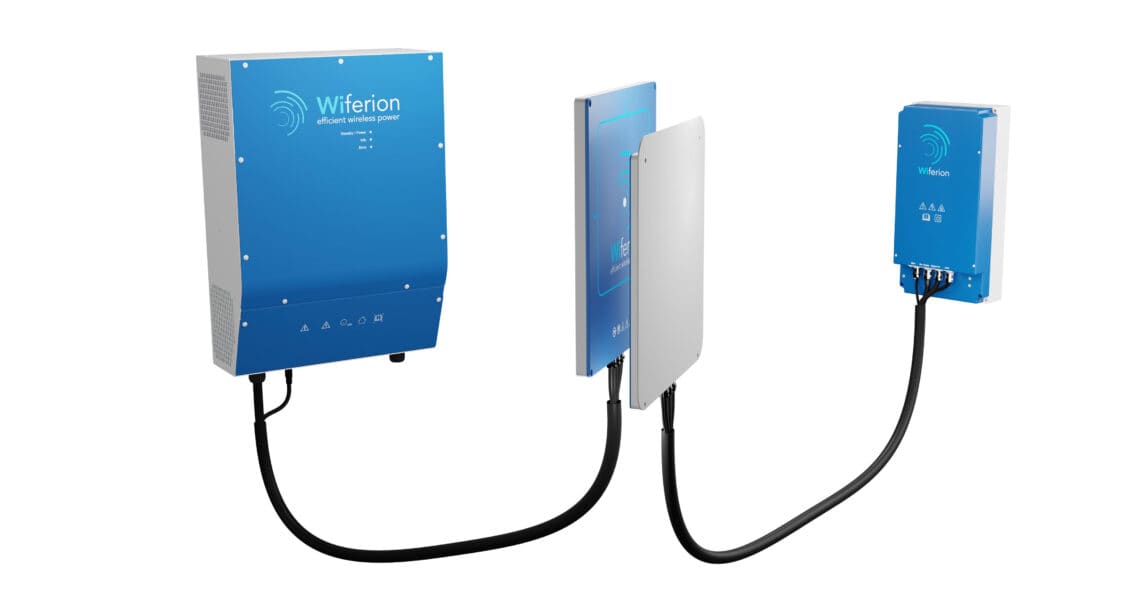
Founded with a vision to redefine EV charging, the German company has carved a niche for itself in wireless charging solutions for autonomous mobile robots, forklifts, and collaborative robots. This expertise isn’t just theoretical and Wiferion has already put it into practice. Collaborating with WiTricity, Wiferion has ventured into industrial wireless charging applications, showcasing the practicality and efficiency of their solutions.
It’s no wonder Tesla would be interested in this technology, wirelessly charging electric passenger cars could truly be a game-changer.
ADVERTISEMENT
Advantages of wireless charging
The concept of wireless charging isn’t new, but its application in the EV sector is revolutionary. Here’s why.
Convenience
Gone are the days of fumbling with charging cables, especially in adverse weather conditions. With wireless charging, parking your car is all it takes to start the charging process.
Efficiency
Contrary to popular belief, wireless charging can rival the efficiency of its wired counterparts. Wiferion says its chargers offer up to 93% efficiency, but as technology advances, this gap is only expected to narrow further.
Safety
Without the need for physical connectors, the risks associated with tripping over cables or potential electrical mishaps are significantly reduced.
Future-ready
As the world moves towards a more interconnected grid, wireless charging stands ready to support Vehicle-to-Grid (V2G) applications, turning parked EVs into potential power reservoirs.
ADVERTISEMENT
Tesla’s vision for wireless charging
Tesla’s acquisition of Wiferion isn’t just a business move; it’s a statement. By integrating wireless charging into its ecosystem, Tesla shows its commitment to enhancing the EV user experience. There’s already speculation about future Tesla models with built-in wireless charging capabilities. And while it’s early days, the potential integration of this technology with Tesla’s renowned Supercharger network could redefine long-distance EV travel.
The broader wireless charging landscape
Tesla’s move into wireless charging doesn’t exist in a vacuum. Companies like WiTricity have been championing the cause for years. Insights from McKinsey highlight the vast potential of wireless and automated charging for EVs.
The journey isn’t without its challenges as cost, for one, remains a barrier. Wireless charging systems, while promising unparalleled convenience, still come with a hefty price tag compared to traditional charging solutions. But as with all technology, scale often leads to affordability.
ADVERTISEMENT
Another challenge lies in perception. Many in the industry still view wireless charging as a luxury, suitable only for high-end vehicles. But as companies like Tesla push the envelope, this perception is set to change — just as Tesla changed many people’s opinions on EVs as a whole. The technology is there, and its potential is undeniable. It’s now up to automakers and consumers to embrace it.
Implications for the EV market
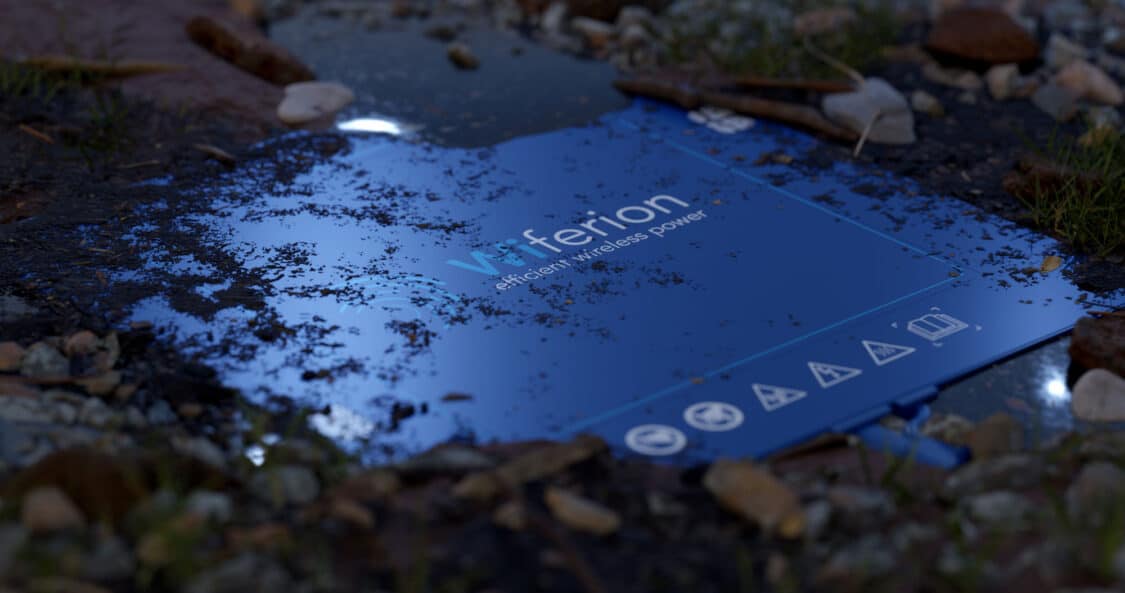
The implications of wireless charging extend beyond just convenience. By eliminating the need for manual charging, EVs become even more attractive to potential buyers. Furthermore, as wireless charging technology integrates with other automotive advancements, such as autonomous parking solutions, the entire driving experience is elevated.
Tesla’s foray into wireless charging is more than just a new feature; it’s a glimpse into the future of EVs. As technology continues to advance and the world becomes more interconnected, the lines between our vehicles and the grid will blur. It’s interesting to think the cumbersome act of manually plugging in our cars could one day feel archaic.
ADVERTISEMENT

FEATURE IMAGE: TESLA
FTC: We use income-earning auto affiliate links. Learn more.


